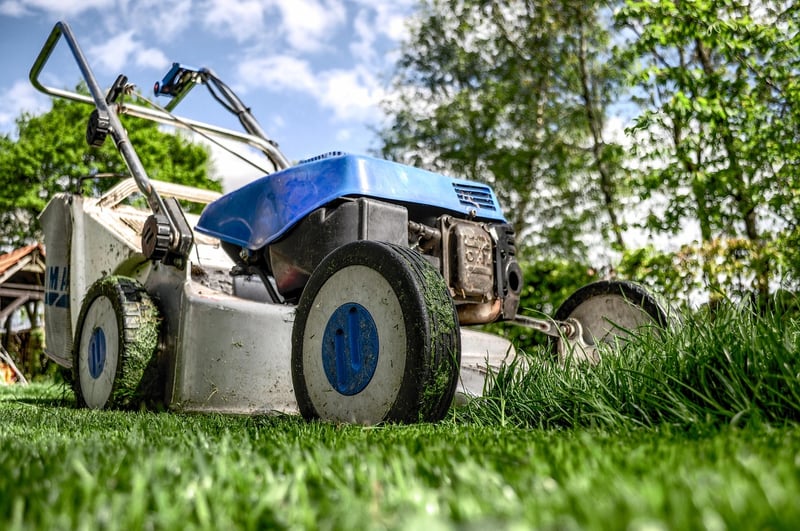Outdoor Gardens
Tips for Healthy Plants in Outdoor Gardens
Welcome to our guide on how to keep your outdoor garden plants healthy and thriving. Whether you are a seasoned gardener or just starting out, these tips will help you create a lush and vibrant garden that will be the envy of your neighborhood.
1. Choose the Right Plants
Before you start planting, make sure to choose plants that are well-suited for your garden's location, soil type, and sunlight exposure. This will ensure that your plants have the best chance of thriving and will require less maintenance in the long run.
2. Water Wisely
Proper watering is crucial for plant health. Water your plants deeply but infrequently to encourage deep root growth. Avoid watering during the hottest part of the day to prevent evaporation and water loss. Consider installing a drip irrigation system for efficient watering.
3. Provide Adequate Sunlight
Most plants require sunlight to photosynthesize and grow. Make sure your garden receives the appropriate amount of sunlight based on the plants you have chosen. If your garden is in a shaded area, opt for shade-loving plants that thrive in low light conditions.
4. Mulch Regularly
Applying mulch around your plants helps retain moisture, suppress weeds, and regulate soil temperature. Organic mulches like bark chips or compost also enrich the soil as they break down. Mulch your garden beds regularly to keep your plants healthy and happy.
5. Prune and Deadhead
Regular pruning and deadheading help promote plant growth and flowering. Remove dead or diseased branches, spent flowers, and overgrown foliage to improve air circulation and encourage new growth. This will also prevent diseases from spreading among your plants.
6. Fertilize Appropriately
Provide your plants with the necessary nutrients by fertilizing them regularly. Use a balanced fertilizer or organic compost to replenish the soil's nutrients and promote healthy growth. Be careful not to over-fertilize, as this can harm your plants.
7. Keep an Eye on Pests and Diseases
Inspect your plants regularly for signs of pests or diseases. Early detection is key to preventing infestations that can damage your garden. Use natural remedies or organic pesticides to control pests and diseases without harming beneficial insects.
8. Rotate Crops
If you have a vegetable garden, practice crop rotation to prevent soil depletion and minimize pests and diseases. Rotate your crops each season to maintain soil fertility and overall garden health.
By following these tips, you can create a beautiful and thriving outdoor garden that will bring you joy and satisfaction for years to come. Happy gardening!

For more gardening tips and inspiration, visit Royal Horticultural Society.
